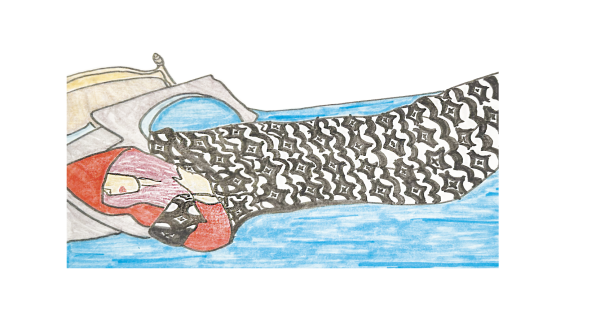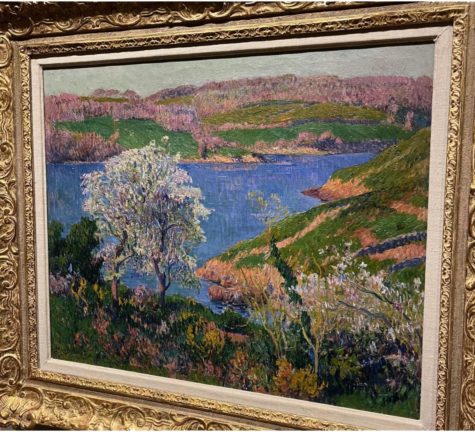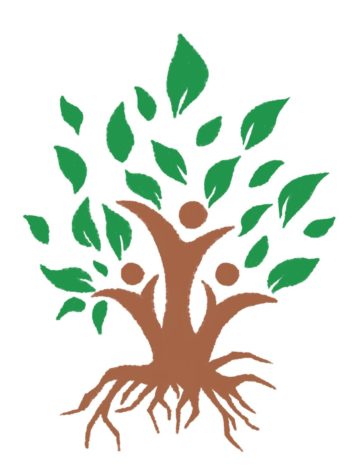Cynicism stakes spot at school
While cynicism may seem like a new, complex idea, in reality it is not. Cynicism is all over Blake, and the more it’s looked for, the more it can be found. At Blake and especially the high school, there is so much emphasis on analytical and critical thinking skills. In Social Studies and English classes, students are pressed to try to categorize sources and summarize them based on their authors’ perspectives. This can cause students to be quick to do the same to each other, and as Charlie Alldredge ‘16 puts it, “people here have a natural tendency to be overly critical of things. They tend to see through things and make jokes about them or discuss them later… there is cynicism everywhere.” Whether it’s making sarcastic comments on someone’s actions or perspective, the cynicism is definitely present.
People here have a natural tendency to be overly critical of things. They tend to see through things and make jokes about them or discuss them later… there is cynicism everywhere.
— Charlie Alldredge
According to Samantha Stocking ‘19, the most common type of cynicism at Blake is “when people either have ulterior motives or they believe that others do.” She finds this happening most often in English and Social Studies classes, which “tend to portray cynicism more because they do have those open debates that tend to have a lot of sides and opinions involved, where in Math or Science classes they’re mostly factual.” But apparently there are other types of cynicism as well. Haluk Ercan-Fang ‘19 thinks that cynicism is “extremely common at Blake” but in a different way, saying, “I definitely feel like people only look out for themselves in class because they don’t want to help people when they’re working [on]. I’ve mostly experienced this in Chinese and Math.” He notices sarcasm about the factual answers while Samantha notices motives behind the abstract and debatable answers. Alldredge sees sarcasm most in Spanish class, when people tend to be “especially sarcastic and critical.”
Other than art or music classes, people see cynicism in practically every class for a variety of reasons. But one thing is clear: through the way students are taught in a critical environment, cynicism has become common at Blake.










